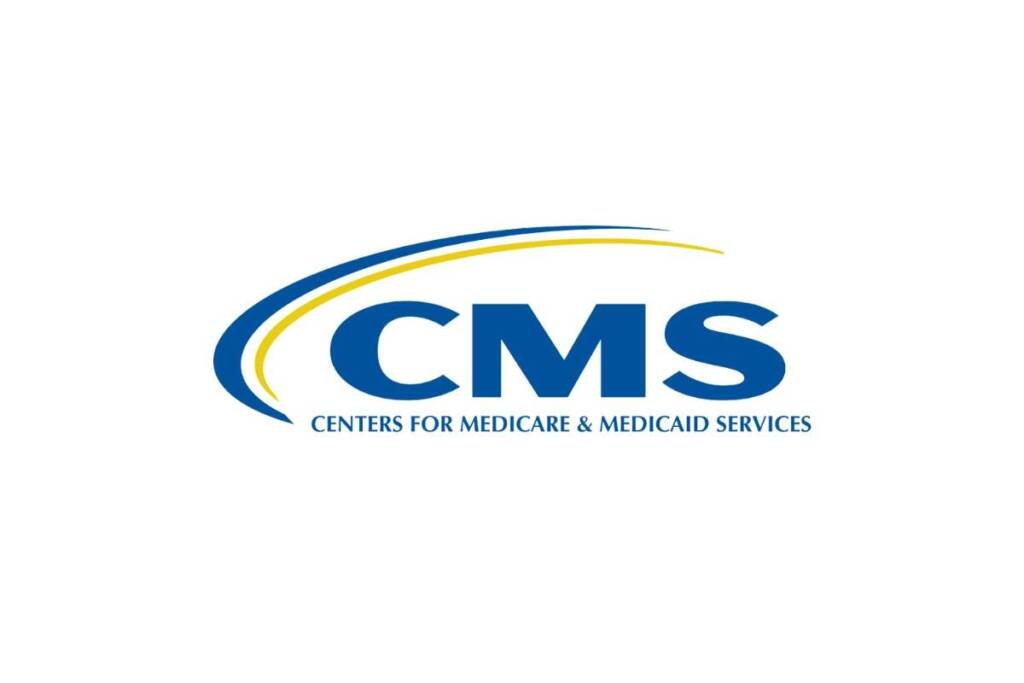Centers for Medicare and Medicaid Services (CMS) reveals additional details regarding its controversial plan to mandate participation in a patient registry as a prerequisite for reimbursement of Alzheimer’s disease drugs targeting amyloid.
The CMS has previously announced that Medicare, the US healthcare program for individuals aged 65 and above, will cover medications such as Leqembi (lecanemab) from Eisai and Biogen if they receive full regulatory approval from the FDA. However, critics argue that the registry requirement creates an unnecessary barrier to patient access and represents an overreach of CMS authority.
Under the newly unveiled plan, Medicare would compel all prescribing physicians to participate in a real-world data collection initiative for patients prescribed approved amyloid drugs. Currently, CMS restricts Medicare reimbursement for all drugs in this category to patients enrolled in clinical trials.
Eisai and Biogen have already obtained accelerated approval for Leqembi, and they are expected to receive a decision on full approval from the FDA by July 6th. The drug received unanimous support from an FDA advisory committee earlier this month.
As part of the plan, CMS assured that the registry would be available free of charge, featuring a centralized portal with user-friendly drop-down menus to facilitate data entry. However, the timeframe for the process has not been specified.
Clinicians will be required to provide their National Provider Identifier (NPI) and address, along with the patient’s demographic and clinical information, including amyloid testing results, cognition assessment scores, use of anticoagulant or antiplatelet drugs, and any evidence of brain swelling or hemorrhage.
CMS stated that the purpose of collecting this data is to assess the appropriateness of treatment for the Medicare population and determine if it can genuinely improve health outcomes in community practice. Additionally, the agency aims to investigate how amyloid-targeting drugs’ side effects, such as brain edema and hemorrhage (referred to as ARIA), are influenced by various factors such as patient characteristics, treating clinicians, and practice settings, as well as how these risks evolve over time.
While the update provides some new information, it may not address the concerns raised by patient organizations and advocacy groups regarding the impact of registry participation on patient access, particularly among ethnic minorities.





























